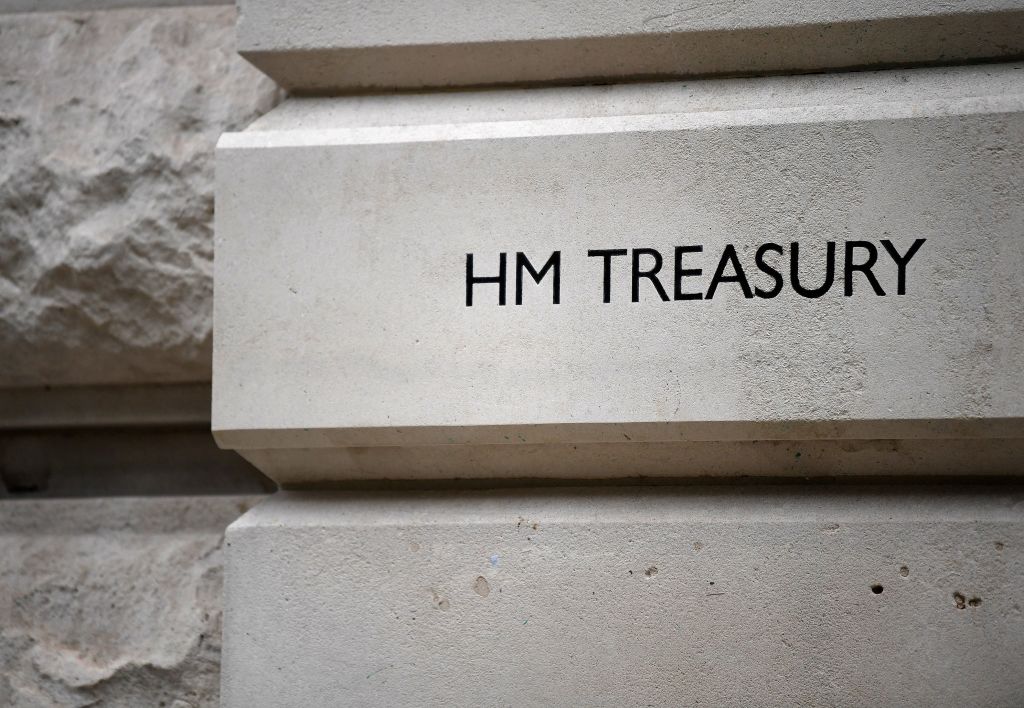If it’s not the freebie fiasco dogging Sir Keir’s Labour party, it’s the cronyism row. Back in August, the curious case of Ian Corfield hit the news after it transpired that the banker had donated more than £20,000 to Labour before bagging a job as a director of investment at the Treasury. Politico revealed the donor’s generous payments were not, in fact, flagged to the civil service watchdog before his appointment was approved, while ‘cash for jobs’ concerns grew after it emerged that Corfield had not been appointed to the role via the ‘open competition’ route. And now the Treasury has broken its silence on Corfield’s appointment with a rather strange defence…
Mr S can reveal the Exchequer has suggested it didn’t have, er, much other option than to appoint Corfield to the top civil service job in the way it did. In its response to a written question by Tory MP John Glen, the Treasury has insisted it needed to appoint Corfield for ‘urgent work’ that did not allow for a ‘full recruitment process’ to be carried out, noting:
Ian Corfield was appointed via Exception to the Civil Service Commission’s Recruitment Principles. The Department followed the established process to make the appointment and was granted the required approval from the Civil Service Commission. Ian Corfield was appointed on a short-term basis to carry out urgent work in support of the new government’s International Investment Summit in October. A full recruitment process could not have been completed in the time available.
How curious. Corfield took up the Treasury job in July this year, over three months before Sir Keir’s big business bash kicked off. While the Treasury states that a ‘full recruitment process’ could not have been completed in the time available, further data from the Cabinet Office shows that under the Tory government, on average the civil service’s ‘time to hire’ period for high level jobs started at around 28 days.
On the matter of how much Corfield would have been paid in his Treasury role, the government was a little less clear. The Exchequer told Mr S that ‘we do not comment on individual staffing appointments’, however stated in response to Glen that: ‘Ian Corfield was appointed to the role of director of investment at the SCS2 pay band minimum in line with HMT policy on appointing external candidates into the Civil Service.’ Steerpike would remind readers that this translates as an annual wage between £98,000 and £162,500 after civil servants received an April pay rise – with top earners on just £4,000 less than the Prime Minister. Not that Sue Gray would think much of that…
After the cronyism row broke out, however, Corfield resigned from the Treasury role to take up an unpaid adviser position instead. Had the Labour donor only done this in the first place, the government could have avoided at least one of the scandals it has been mired in over recent months – with the Science Department’s appointment of Emily Middleton also under scrutiny. Too little, too late…







Comments